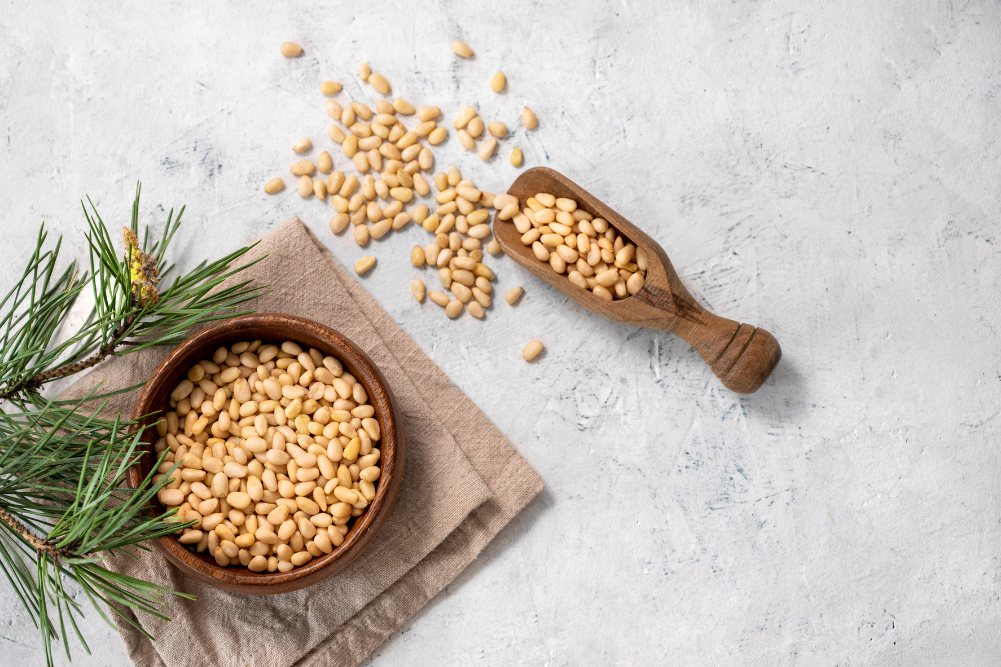Veggies reduce cancer risk
One in 12 Australians will develop colorectal cancer (CRC) in their lifetime. It is the second most common cause of cancer related death and survival is very dependent on when it is discovered. At the moment around 40 per cent of cancers are found when they are still localised, increasing that figure will increase survival which is why screening is so important. Alongside testing though must go prevention and according to a new study your food, not surprisingly, has a significant influence on your chance of developing CRC.
The new study involved 77,659 people who were followed for an average of seven years. All subjects completed a food frequency questionnaire and a medical questionnaire to begin the study. Cancer incidence was then established through cancer registries and follow up questionnaires.
The results showed that people who ate a vegetarian diet were at a 22 per cent reduced of developing colorectal cancer, a 19 per cent reduced risk of colon cancer, and a 29 per cent reduced risk of rectal cancer when compared to people who were not vegetarians. There was however, also variation in risk depending on the type of vegetarianism followed.
It emerged that pescovegetarians (who eat fish…therefore a problematic inclusion as a “vegetarian†at all…no fish would see itself as kin to a sprout or pumpkin) had a 49 per cent lower risk of colorectal cancer, lacto-ovo vegetarians (who eat milk and egg products) had an 18 per cent lower risk, and vegans had a 16 per cent reduced risk.
This supports what has been known for a while which is that red and processed meats increase the risk of colorectal cancer. We keep coming back to Michael Pollan’s wise formula, “Eat food. Not too much. Mostly plants.â€





